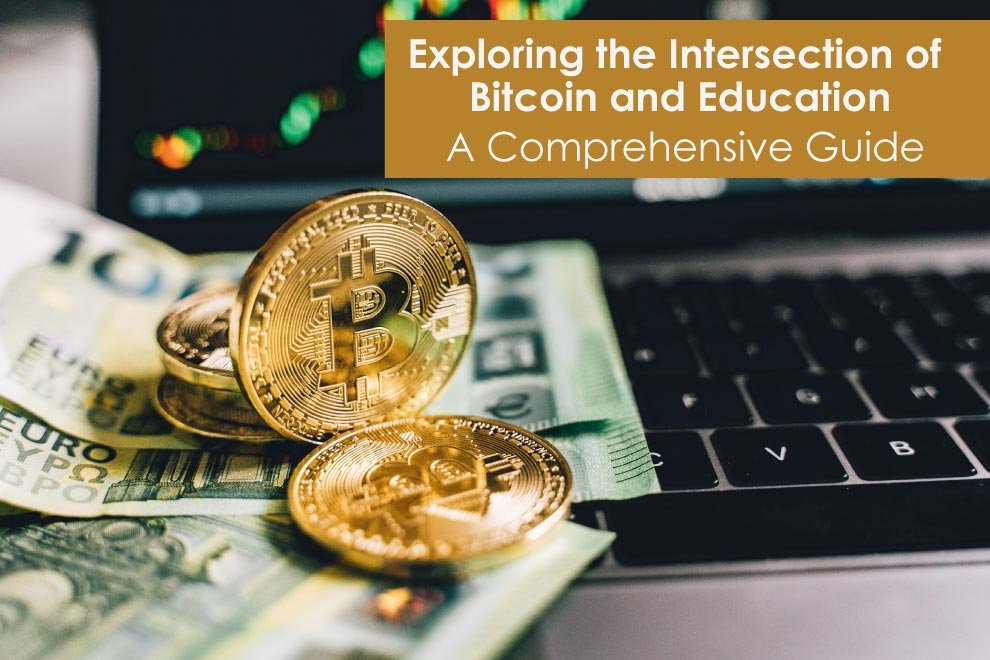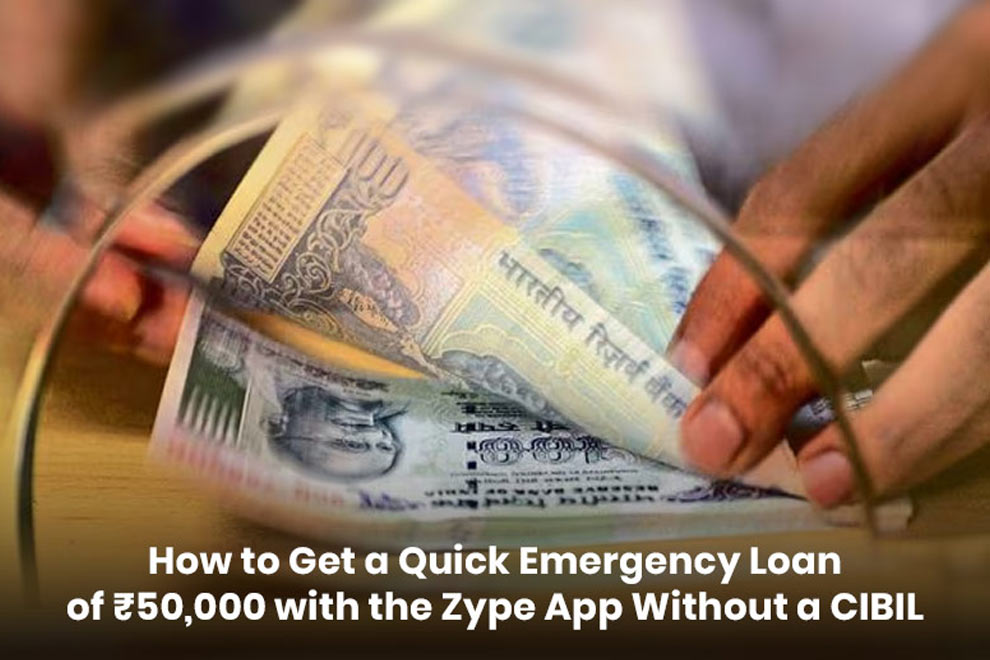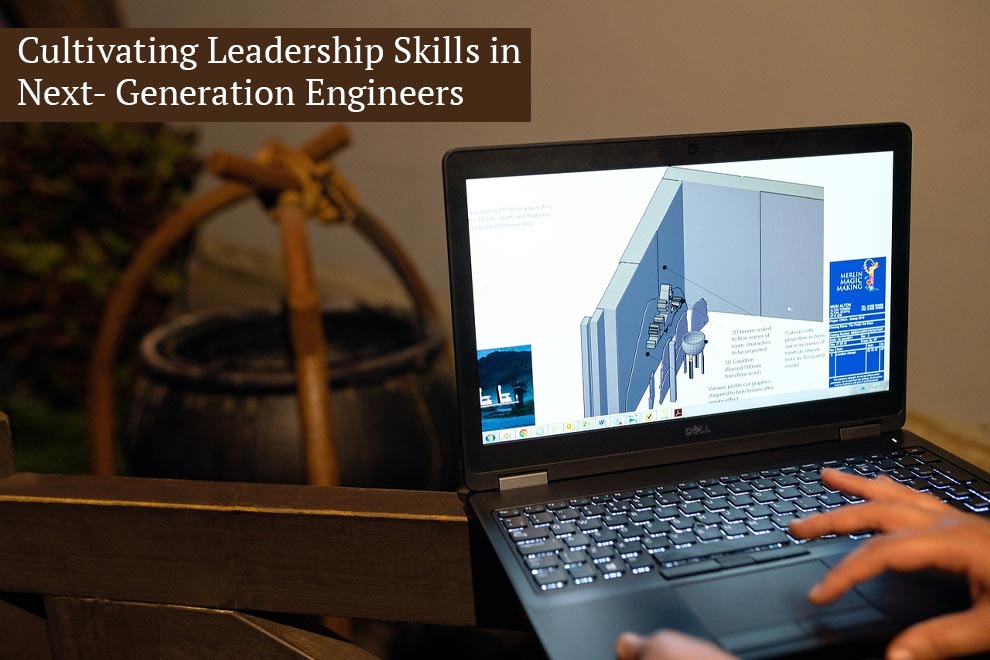In today’s rapidly evolving digital landscape, the intersection of cryptocurrency and education presents unique opportunities and challenges. Bitcoin, the pioneering cryptocurrency, has not only transformed financial systems but is also making waves in educational sectors worldwide. This article explores how Bitcoin and blockchain technology can enhance educational experiences, the role of cryptocurrencies in modern education, and practical applications for educators and students alike.
Understanding Bitcoin and Blockchain Technology
Bitcoin is a decentralized digital currency, free from the control of central banks or governments, relying on blockchain technology to ensure transparency and security. Blockchain, the underlying technology, is a distributed ledger recording all transactions across a network of computers. This technology ensures that data is immutable and transparent, making it an ideal tool for various applications beyond finance, including education.
The Role of Bitcoin in Modern Education
Financial Literacy and Inclusion
Introducing Bitcoin and other cryptocurrencies in educational curricula can enhance financial literacy among students. Understanding digital currencies prepares students for the future of finance, fostering inclusivity in a global digital economy.
Funding and Scholarships
Bitcoin can be used to facilitate funding and scholarships, making education more accessible. Educational institutions can accept Bitcoin donations, providing an alternative funding stream and appealing to a tech-savvy donor base.
International Transactions
Bitcoin simplifies international payments for tuition and fees, eliminating the need for currency exchange and reducing transaction costs. This is particularly beneficial for international students and educational institutions with a global presence.
Practical Applications of Blockchain in Education
Credential Verification
Blockchain technology ensures the authenticity of educational credentials. Institutions can issue digital diplomas and certificates, which are tamper-proof and easily verifiable by employers and other institutions.
Academic Record Management
Blockchain provides a secure and efficient way to manage academic records. Students can have a lifelong academic record that is easily transferable between institutions and employers, ensuring accuracy and integrity.
Decentralized Learning Platforms
Blockchain can support decentralized learning platforms, offering personalized and flexible learning experiences. These platforms can provide secure access to educational content, track progress, and reward achievements with digital certificates.
Case Studies and Success Stories
MIT Media Lab
The MIT Media Lab has pioneered the use of blockchain for issuing digital certificates, setting a precedent for other institutions to follow. This initiative ensures the authenticity and security of academic credentials, making them easily verifiable worldwide.
Woolf University
Woolf University, a blockchain-powered institution, offers decentralized education, connecting students and educators directly. This model reduces administrative overheads and provides a more personalized learning experience.
Open Culture and Academic Earth
Platforms like Open Culture and Academic Earth offer free online courses and resources, promoting self-education and lifelong learning. Integrating blockchain technology can enhance these platforms by providing secure certification and tracking of learning achievements.
Challenges and Considerations
While the potential of Bitcoin and blockchain in education is immense, several challenges need to be addressed:
- Regulatory Issues: Navigating the regulatory landscape for cryptocurrencies and blockchain technology is complex and varies by region.
- Technological Barriers: Implementing blockchain technology requires significant technical expertise and infrastructure investment.
- Adoption Resistance: Educators and institutions may resist adopting new technologies due to a lack of understanding or fear of change.
Conclusion
The integration of Bitcoin and blockchain technology in education offers transformative potential, enhancing financial literacy, streamlining administrative processes, and providing secure, decentralized learning platforms. As educational institutions and stakeholders navigate this evolving landscape, embracing these technologies can foster innovation and inclusivity in education.
By understanding and leveraging the benefits of Bitcoin and blockchain, educators and students can stay ahead in an increasingly digital world, preparing for a future where technology and education are inextricably linked.
For further insights and detailed case studies, explore resources from The Education Magazine and other educational platforms. Additionally, for those interested in how cryptocurrency is making an impact in various fields, check out Bitcoincasino.us for more information on the integration of Bitcoin in diverse sectors.
Also Read: Ways To Spot Malicious Links When Buying Bitcoin Online










